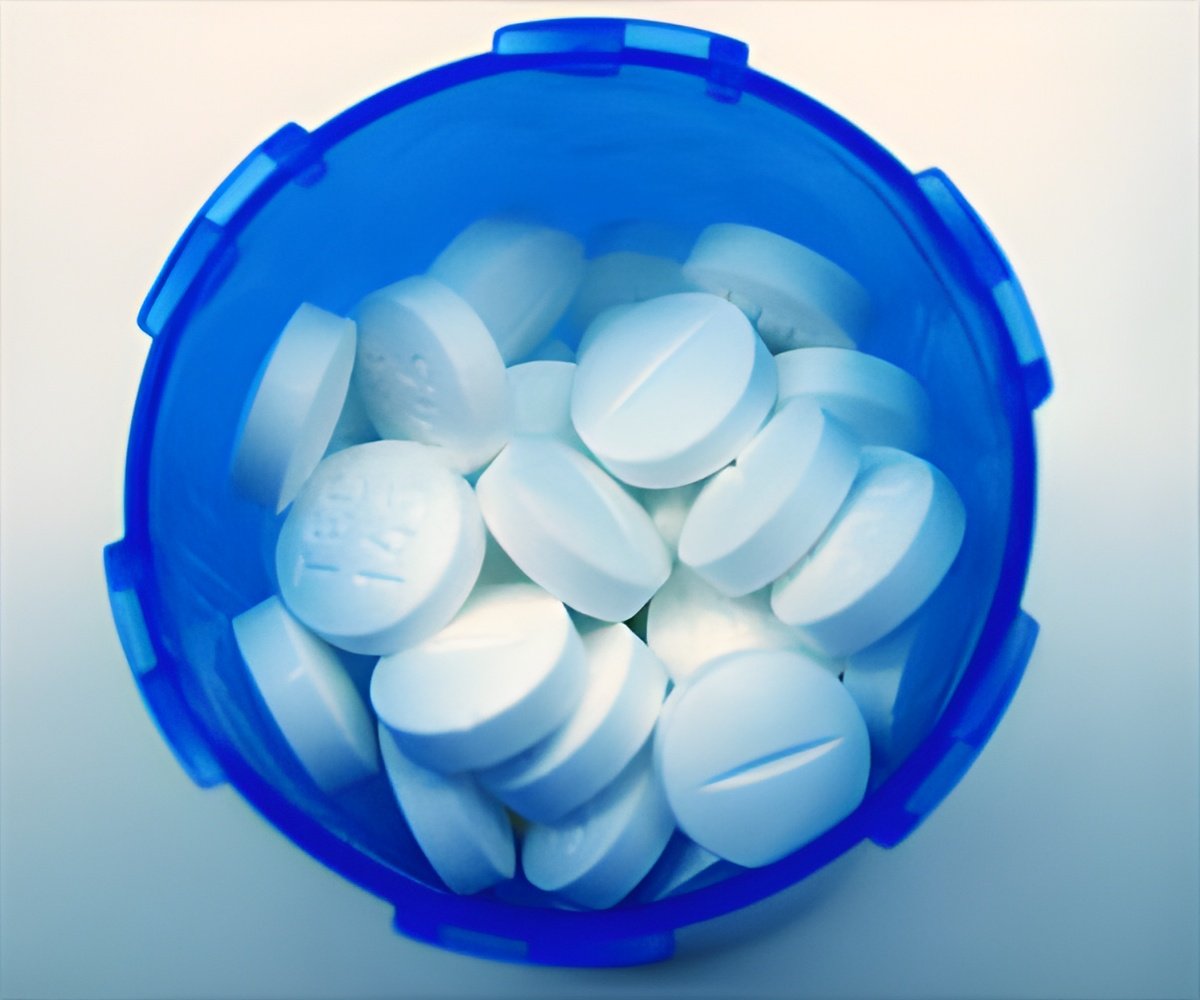
‘According to this study, abiraterone acetate, a drug for prostate cancer, is commonly advised to be taken on an empty stomach but the drug yields better result when taken with good food.’
Tweet it Now
"This schedule is not only inconvenient for patients, it's also wasteful, in several ways," said the study's lead author, Russell Szmulewitz, MD, associate professor of medicine at the University of Chicago and a prostate cancer specialist. A one-month supply of the recommended dose of abiraterone costs $8,000 to $11,000 when purchased wholesale. That adds up to a little more than $100,000 each year. Many patients take the drug for two to three years.
So, Szmulewitz and colleague Mark Ratain, MD, the Leon O. Jacobson professor of medicine and director of the Center for Personalized Therapeutics at the University of Chicago Medicine, designed a randomized clinical trial to see if the drug could be used more efficiently and at less expense.
Abiraterone, approved in 2011 for the treatment of metastatic prostate cancer, has a "food effect" that is greater than any other marketed drug. The amount of abiraterone that gets absorbed and enters the blood stream can be multiplied four or five times if the drug is swallowed with a low-fat meal (7 percent fat, about 300 calories). That can increase to 10 times with a high-fat meal (57 percent fat, 825 calories).
Working with colleagues at the University of Chicago as well as researchers at the National Cancer Institute, Emory University, Illinois Cancer Care in Peoria, Illinois, and the National University Cancer Institute, Singapore, the team designed a clinical trial that could compare the cost, risks and benefits of taking this drug with or without breakfast.
Advertisement
The other half were told to take one-fourth of the standard dose, a single 250-milligram pill, with a low-fat breakfast such as cereal with skim milk. Patients were advised to avoid high-fat items such as bacon or sausage.
Advertisement
The researchers found that the lower dose with breakfast kept the disease under control as well as the recommended dose. Abiraterone's ability to lower levels of prostate-specific antigen, a surrogate marker for prostate cancer, was slightly greater for patients in the low-dose with food group when measured at 12 weeks.
Progression-free survival for patients in both the low- and high-dose groups was identical, about 8.6 months. Despite the small size of the study, the authors were confident that the low-dose arm was comparable to the standard dose. It was also slightly more convenient and much less expensive, cutting costs by as much as $300,000 per patient.
"The patient gets a simplified schedule, slightly more control over his daily life, the convenience of eating whenever he chooses and the opportunity to share the cost-savings with his insurance company," Szmulewitz said. "Taking this medicine while fasting is wasteful."
"Although it should be validated with a larger trial with more robust clinical endpoints," he added, "given the pharmacoeconomic implications, these data warrant consideration by prescribers, payers and patients."
Source-Eurekalert












